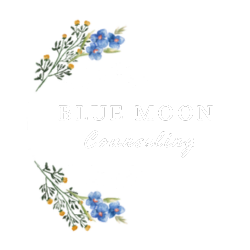Giving Kids Space to Build Their Own Community
Have you ever watched children in their element—not under tight adult direction, but allowed to roam a bit, play with friends, make up rules? There’s something magical in those moments. When kids are free to explore, fail, succeed, and simply be themselves, we see more than just play. We see creativity, courage, belonging, and growth.
What Does Community Do for Kids?
When children have space to form their own little communities—among peers, trusted adults, in everyday settings—they gain:
Healthy independence: They learn to make choices, try new things, and handle small disappointments.
Social skills: They discover how to share, negotiate, lead or follow, handle conflicts, and work together.
A sense of belonging: Feeling accepted outside the home can help them feel seen, valued, and trusted.
Identity and secure attachments: Knowing they belong somewhere supports their sense of self and builds trust in relationships.
What the Research Shows
Free and spontaneous play (where kids decide what and how to play) is strongly tied to social-emotional development. It gives children chances to learn self-regulation, experiment with risk in safe ways, and practice decision-making. Embracing Learning Through Play
Studies of cooperative-creative play programs show that engaging in games with others not only improves friendships and communication, but also supports emotional stability, problem-solving, assertiveness, and empathy. Developing Children’s Creativity and Social-Emotional Competencies through Play
How We, as Adults, Can Support Without Taking Over
Let kids find their people outside of the home—neighbors, classmates, friends from community groups—while ensuring it’s safe.
Model connection: volunteer, reach out to other families, participate in community events. Let children see positive, healthy relationships outside your immediate circle.
Give them space to lead: small opportunities to decide about play, make up rules, invite others, solve small conflicts.
Be there when they need you—not as a controller, but as a guide and advocate.
